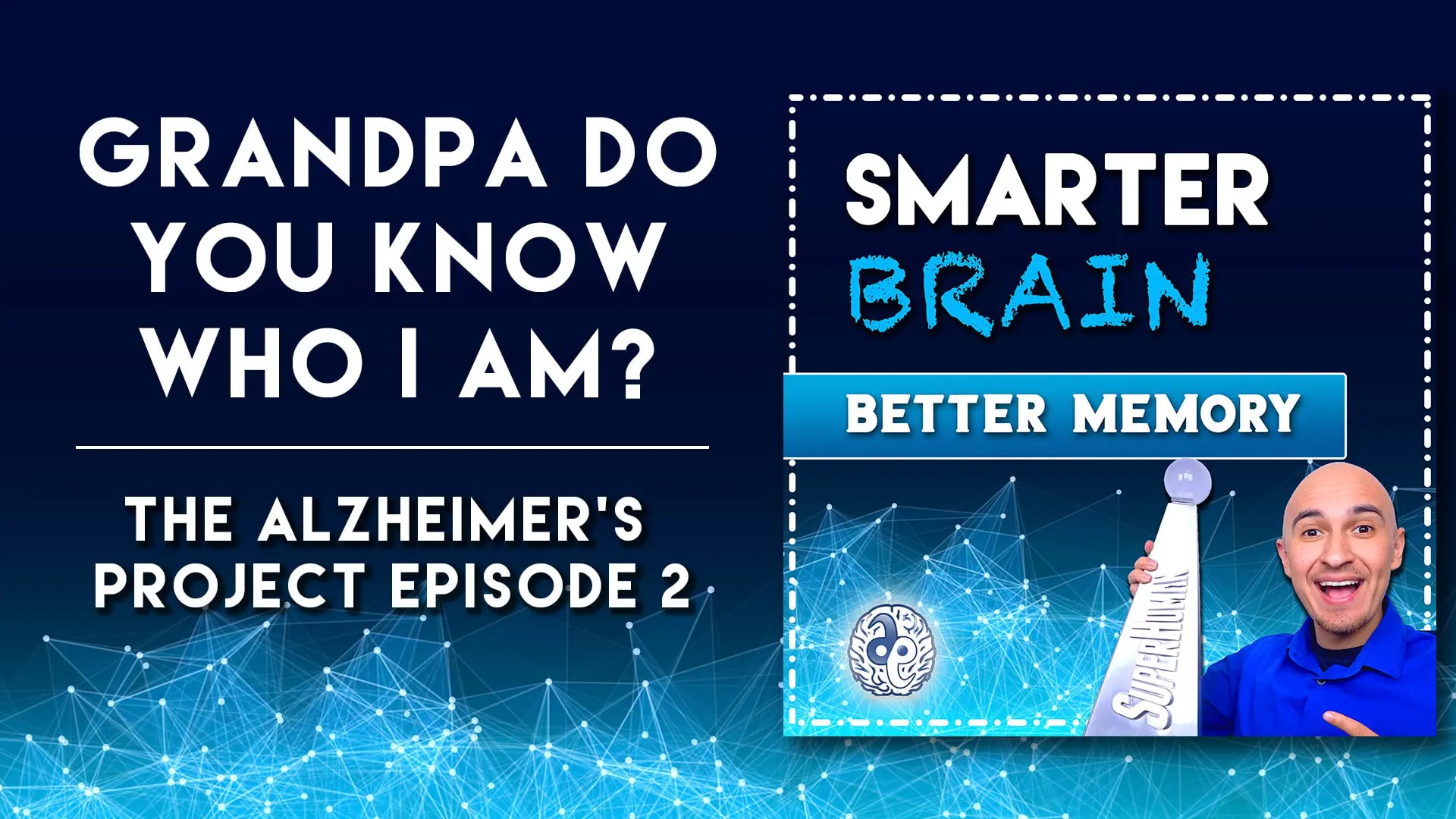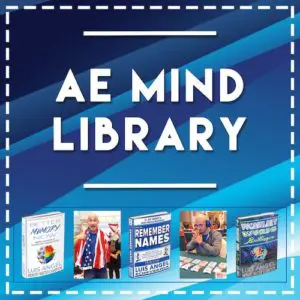
Today we talk about The Alzheimer’s Project on HBO EP 2. This episode is called “Grandpa Do You Know Who I Am?” with Maria Shriver
[sc name=”subsmarter”]
This Alzheimer’s Project on HBO episode shows us a different perspective of what this disease does to the loved ones of those that are infected by Dementia/Alzheimer’s.
[sc name=”bmntop”]
[embedyt]https://www.youtube.com/watch?v=xvdxA6TQoQw[/embedyt]The Alzheimer’s Project Episode 2: How Alzheimer’s Changes the Lives of the Patient’s Family
In the second episode of HBO’s The Alzheimer’s Project, the story focused on the impact of the disease on the patients’ children and grandchildren.
The main contributor to the second episode of HBO’s documentary is Maria Shriver. She is the daughter of Sergeant Shriver, who worked on the Peace Corps back in the time of President John F. Kennedy, who was his brother in law.
Sergeant Shriver was an Alzheimer’s patient who passed away in 2011. He had lived a life dedicated to helping the less fortunate. Seeing him going through the stages of the forgetfulness disease was heartbreaking not only for his family but also to the people he had helped. But, according to Maria, it was her kids who’d been hurt the most. Seeing the pain in their eyes has made her realize a few significant lessons in life.
-
There are no silly questions we can ask about Alzheimer’s.
Hoping to learn more about her children’s feelings throughout the ordeal of their dear grandpa, Maria asked them to define the word memory. One of them gave a weird but a “something to ponder” answer –memory is to think and think and not know.
As a memory coach, the child’s answer got me thinking, making me think about my own definition of the word memory. For me, memory is the event you first think of when you were asked the question, the moments I cherish, and what I felt that exact moment.
For the kid, memory equates forgetfulness. I guess forgetting the memories I cherish the most is one of my greatest fears. And perhaps, it’s also one of the reasons why I trained so hard in improving my brain power and memory.
There’s also a 12-year-old kid who thinks he’s the reason why his grandma acquired the disease. He felt something he did in the past had brought the sufferings to her grandma. Despite the assurance of the people around him that it was not his fault, it seemed that the kid would never stop blaming himself.
-
When it comes to Alzheimer’s, we just go with the flow.
Another realization that hit Maria as she was nursing her father was the altered version of reality. One day, they were sitting in the backyard, and there was traffic, with two cars humming while waiting for the go signal. Then, her dad asked Maria if she could hear the calming water when, in fact, there was only engine noise. At first, Maria insisted that the sound was coming from the cars, but she saw in her dad’s face the delight of hearing the serene sound. Only then that she realized that her father’s brain had conceived the sound and that it was the reality for him. Then, at that point, Maria felt the need to go with the flow as there’s no known way to correct what they think.
In the nursing home, my mother also did the same, go with the flow. When one patient told her that his son had gone to Mars, she would ask when he will come back. Then, she would see a smile on their faces, without even realizing that they are holding on to falsehood memories. But who are we to ruin their perfect imagination? They have lost the ability to distinguish what’s real and what’s not.
[sc name=”bmntop” ]
-
It’s okay to be afraid of Alzheimer’s
There’s the story of Megan and Danielle, two teenagers who do not want to visit their grandmother anymore as she was not able to remember them. They want to see her at the nursing home, but they can’t bear the pain of not being recognized by the woman who has raised them for years. According to the two kids, they are afraid to see a completely different person, and for them, it’s like their grandma had left them for good.
-
Sometimes, it’s the disease talking, not the patient.
Ashanti is a teenager who loves to visit her grandma at the nursing home. She loves to tell her about her day and her friends. One time, it seemed that the old lady was enjoying the talk, but in just a split second, the old woman began yelling and forced Ashanti to get out. At that point, the grandma was able to remember the name. However, she wasn’t able to recall the connection, the different facets of their lives together. This story only shows how quick the brain can deteriorate everything we hold dear.
-
We can be the keeper of memories.
Alyssa was very young when her grandmother was taken to a nursing home because of Alzheimer’s. She had no recollection of her as a vibrant lady. But the kid, intending to do something good for her family, had heed Maria Shriver’s advice about being the keeper of memories. Alyssa reached out to her grandma’s friends and asked them about their memories of the old woman, and made a documentary. When they went to the nursing home, they made her watch the video, with her grandfather reminiscing how they had met, what made him fall in love, and what are his feelings for her until that day. The old woman had teary eyes, and halfway of the speech, she walked towards the grandpa and they embraced. She didn’t know his name, but in her subconscious mind, she knew there was a deep connection between them. They grinned from ear to ear, and they kissed –a feel-good memory that would definitely go down in the history of Alyssa’s family.
At the end of HBO’s second episode, most of the kids said the same thing –they all wish that the sickness would go away.
As for me, I have left with a few questions about the depth of the patients’ suffering. Do they really suffer when they have an altered version of reality? Is it as painful as what the family members, who have memories of the past and can make a comparison, feel? Most of the time, they are happy because we are there. And the least we can do is to continue to be there, within their own perfect worlds.
I may have a long list of questions about what really happens to the brain, and what are the possible solutions, but at least I got one thing cleared. For me, the most significant lesson is that we have to be with them at all times, and be fully present. We have to build memories with them because we never know what’s going to happen. With Alzheimer’s and Dementia, anything can change in just a blink of the eye.

